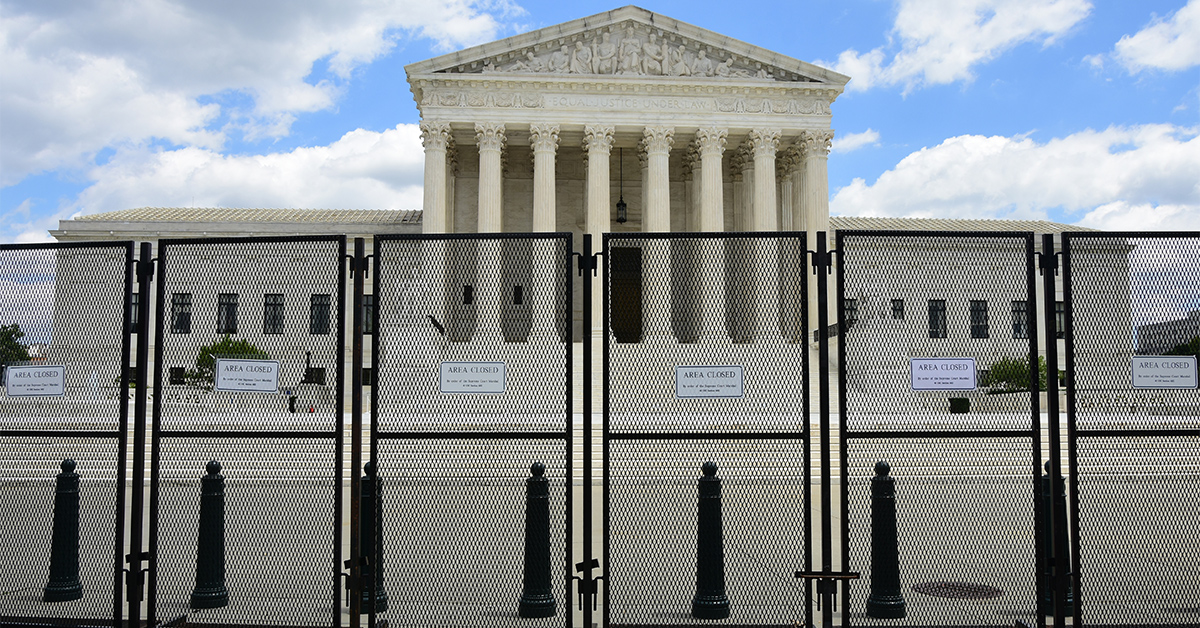NCCS Reacts to Dobbs v. Jackson Women’s Health Organization Decision and Potential Impact on Access to Quality Cancer Care
Last week, the US Supreme Court issued a ruling that overturned Roe v. Wade, thus eliminating the constitutional right to abortion. In response to the Dobbs v. Jackson Women’s Health Organization decision, various patient advocacy organizations, cancer centers, and professional societies issued statements expressing concerns for the future of cancer care.
Read NCCS’s statement below.
The National Coalition for Cancer Survivorship (NCCS) advocates for survivors of all forms of cancer to have access to quality cancer care. Ensuring access to quality care begins with open and candid communication between patients and physicians about the patient’s diagnosis, underlying health status, comorbidities, goals of treatment, and medically appropriate, evidence-based treatment options. For some cancer patients, doctor-patient communication and shared decision-making will include consideration of pregnancy, fertility, and abortion.
The decision in Dobbs v. Jackson Women’s Health Organization overruling Roe v. Wade and actions by the states after the decision will limit access to appropriate care and stifle open communication between health professionals and cancer patients that supports patient-centered decision-making and care. Patients should not be denied care that may save their lives, and health professionals should not fear legal action for offering evidence-based and comprehensive medical advice to their patients. However, we are concerned that this is the situation that may face patients and cancer care professionals. Patients cannot be assured access to quality care if they receive incomplete information about their own diagnosis and the treatment options and if they are denied care that may optimize their outcomes.
Bethany Ross, a young adult survivor of stage 4 neuroendocrine cancer, explained what the Dobbs decision and state actions following the decision mean to cancer patients, “For those of you saying what does this matter for cancer care, do you realize when someone gets diagnosed with cancer while pregnant, they often have to make the decision to abort or delay starting treatment, which then could kill them and no child is born. Also for people like me — I have Stage IV cancer — a forced birth could quite literally kill me. This is 100% a cancer care issue!”
Dr. Ana María López, medical oncologist and NCCS board member, added, “Patients with a diagnosis of cancer face many difficult challenges. By preventing physicians from speaking directly and honestly regarding care options, patients with cancer face an additional life-threatening burden—diminished health outcomes.”
We encourage policymakers who are evaluating next steps in the wake of the Dobbs decision to consider the impact of their legislative and regulatory proposals on cancer patients, their families and friends, and the multidisciplinary teams of cancer care professionals. Limiting the flow of accurate and complete medical information and advice and blocking access to essential elements of cancer care may result in grave harm to cancer patients and may reverse progress in improving the nation’s cancer outcomes.
# # #


